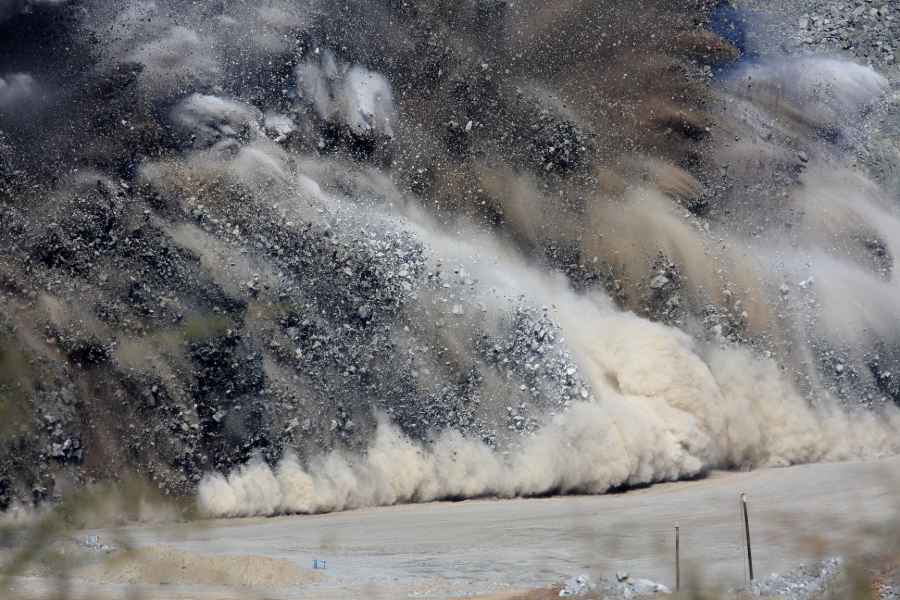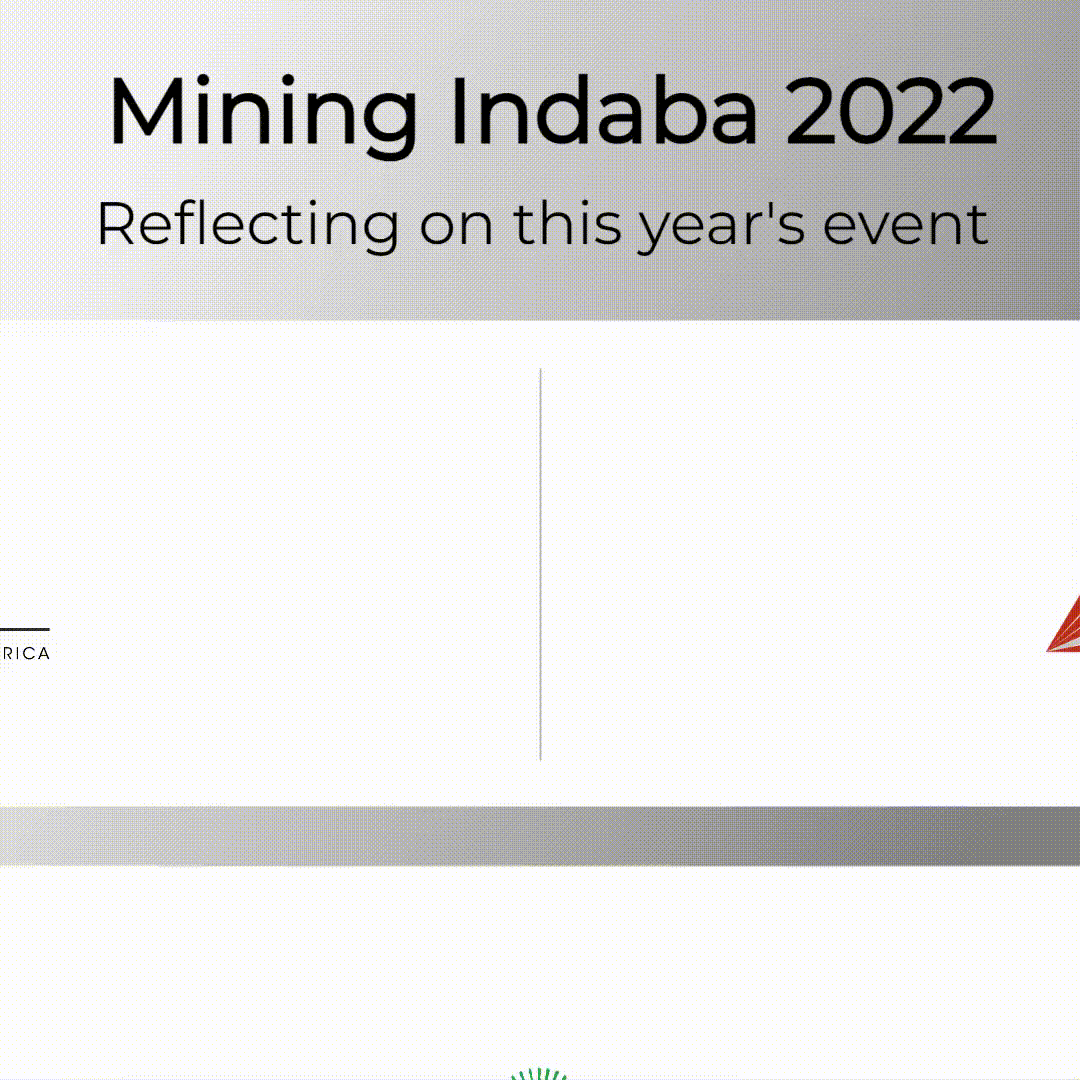Explosives leader BME has raised the bar with a record blast at Zambia’s Kansanshi mine in March, detonating 4,141 electronic delay detonation (EDDs) in a single blast in the operation’s north-west pit.
“This is a great achievement for the BME team in Zambia and another milestone for the AXXIS system,” said BME’s Country Manager in Zambia, Charles Pretorius. “It is our second record for most EDDs in one blast for BME world-wide, beating our own record of last year.”
Wayde de Bruin, the Senior Operations Manager on site, said the blast comprised a main block and a trim just above the main block. The blast was done using one master blasting box at the point of blasting communicating remotely to the slave boxes and detonators down in the pit.
To improve the safety, ease of use and accuracy of blasts, BME developed AXXIS – its own digital initiation system. The system allocates precise firing times to detonators, allowing engineers to design complex firing sequences in a blast to achieve desirable and repeatable blast results.
“Everything went according to plan, with the logging, programming, status check and the blast itself all on schedule and with good results,” he said. “We are now only 645 detonators away from the overall African record.
BME has been a pioneering force in the field of electronic detonation, which is growing in popularity as more mines and quarries benefit from the reliability and accuracy of these devices, adding value to the operation’s bottom-line.
According to BME technical director Tony Rorke, the accuracy of electronic detonators is not only making blasting practice more predictable, but is also allowing for larger and more cost-effective blasts. Now the leading supplier of explosives to the South African open pit mining and quarrying industry, BME is also an innovator of various blast-related services and products.
“The use of shocktube (non-electric) detonators has always had the limitation of being reliant on hard-wiring throughout,” said Rorke. “This places certain constraints on the blast design and implementation, and can raise the risk of a mis-fire under certain conditions.”
The advantages of using electronic detonators include the ability to trigger blasts through a wireless signal. Included in these are that blasting lines to the detonators are less likely to be damaged, thereby substantially reducing the likelihood of a mis-fire.






